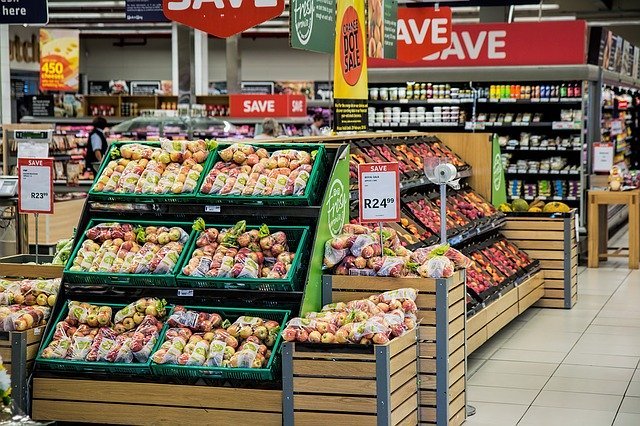Market and Marketing concept
Definition of Market
Market is a place where goods and services are exchanged. Market consists of buyers and sellers with facilities to communicate with catch other for transactions of g0od and
In other words, Economists understand by the term market, not any particular marketplace sellers are in such free intercourse with one another that the price of the same pods times to equality easily and quickly.)
The essentials of a market
A) A commodity which is dealt with;
B) The existence of buyers and sellers:
C) A place, be it a certain region. a country or the entire world and
D) Such intercourse between buyers and sellers that only one price shall prevail to the same commodity at the same time.
Classification of markets
Markets may be classified as:
On the basis of the number of commodities sold
Specialized markets: Specialized markets deal with commodities. For example- vegetable market, jute market, rice market, fish market, etc. on the basis of marketers Local markets: vegetables, fish, milk, etc. Naudoppa Bazar
Regional markets: The market covers 4 or 5 districts. Food grain market. Fruit market
National markets: jute market, tea market, textile market, etc.
International markets: gold, diamond coffee, machinery, etc.
Village markets e.g. Nowdapara Bazar.
Primary wholesale markets: a transaction takes place between producers and traders
Secondary wholesale market: this market is found in the district headquarters. Wholesalers and village traders are the main participants in the market.
Terminal markets: it is located in a big city. It is a well-organized market. Wholesalers and agents are seen in this market.
Scientifically standardized and graded commodities are transacted.
On the basis of time
Short period market: vegetable, fish, etc.
Long–period market: food grains., oilseeds.
Secular markets: these are permanent markets.
On the basis of the volume of business
- wholesale markets
- Retail markets
Perfect/pure competition markets: A market is said to be perfect when all the potential sellers and buyers are promptly aware of the prices at which transactions take place and all the offers made by other sellers and buyers, and when any buyers can purchase from any seller. The prevalence of the same price for the same product at the same time is the essential characteristic of a perfect market.
Some conditions of pure competition market are
A large number of buyers and seller
Free entry or exist
Perfect knowledge
Absentee of transport costs
Imperfects markets: A market is said to be imperfect when some buyers or sellers or both are not aware of the offers being made by others. Naturally, therefore, different prices come to prevail for the same commodity at the same time in an imperfect market.
Imperfect competition markets take three main forms:
Monopolistic competition: the number of dealers is not large in the Market throughout. The demand for the product is not perfectly clastic.
Oligopoly: There are only a few sellers of a product. It is called an oligopoly.
Monopoly: When there is a monopoly. A single produced or sellers con troll the entire market. There are no substitutes for the product. He controls the entire supply and he can fix the price.
Concept of Marketing
Marketing is the economic process by which goods and services are exchanged between the producers and the consumers and their values determine the lens of money prices.
The term agricultural marketing implies selling of goals and services by the rings, includes various functions viz., assembling, transportation, storing. buying, selling, standardization, grading. processing. sales promotion etc
Marketing efficiency
Marketing activities and the intensity or degree of market performance reveal marketing efficiency.
Marketing efficiency as the ratio of market output (satisfaction) to marketing inputs ( cost of the resources used in the marketing) A higher value indicates improved efficiency and lower value denotes reduced efficiency.
You can read more articles about Agri-Business and Marketing
Important Agricultural Websites
